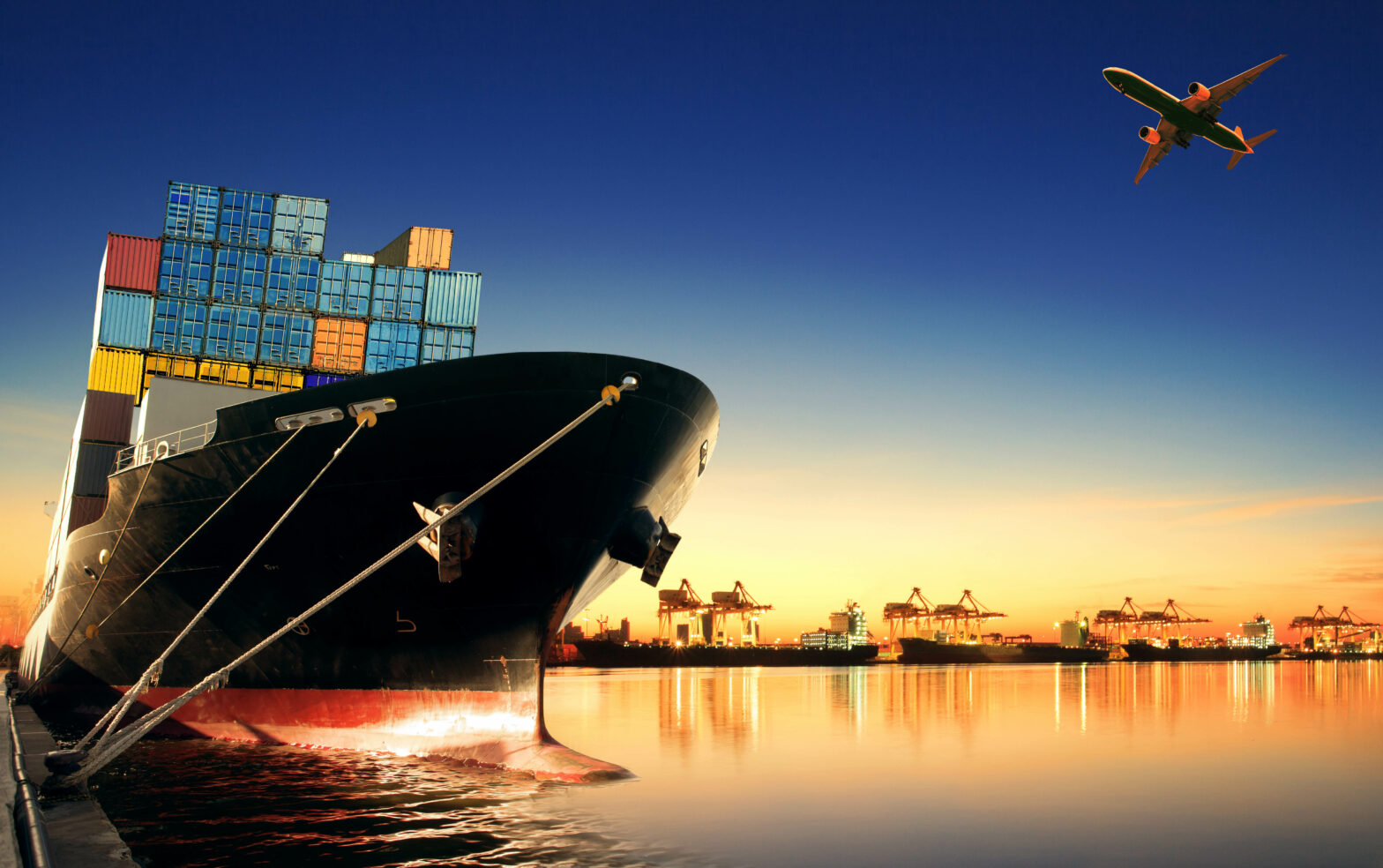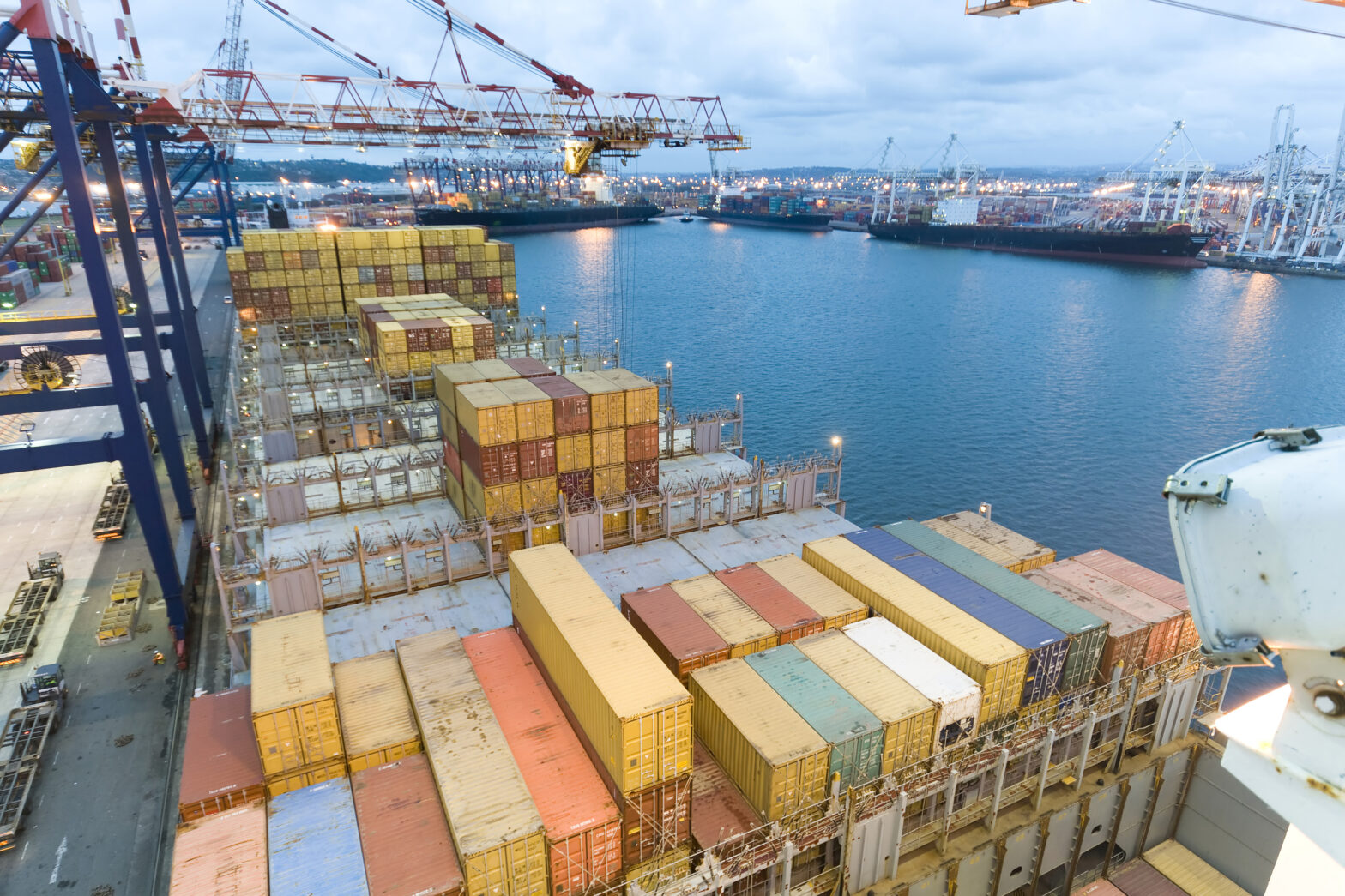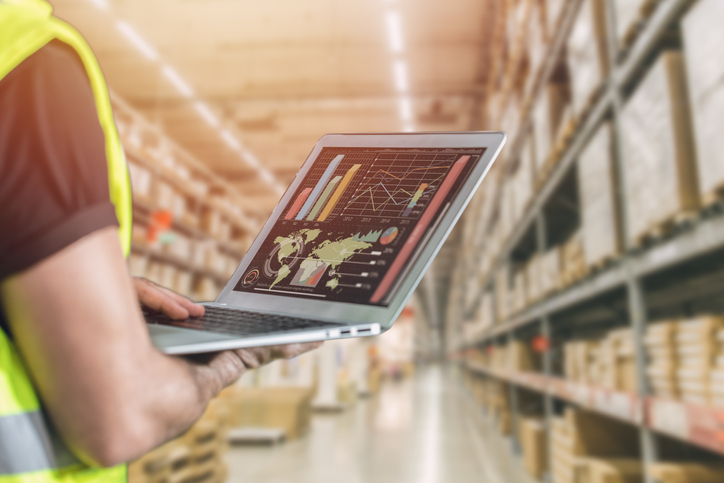The way that online resources have globalised commerce means that even the smallest outfit can have a truly international outlook, whether that means in terms of offering services or products or sourcing materials and setting up supply chains. Of course, logistics still plays a big part in the strategies that entrepreneurs must adopt, but the fact of the matter is that SMEs are now better placed to compete on the world stage than they have ever been before.
Small business logistics
The way that an SME operates will differ from a larger rival on almost every level. Much of this can be down to financial constraints, while other factors may be related to not having a physical presence overseas. For any business looking to have an international aspect to its trading, the aim of implementing a logistics strategy will be to keep service levels at their highest at all times, whether that means in the provision of goods or services or maintaining a secure and reliable supply chain.
Logistics focus
A business can only be as effective as its operating systems and methodologies allow, which is why identifying structural improvements should be an ongoing process. One factor in effective logistics should always be looking at how to minimise costs, but that shouldn’t be the only concern. This is one area where understanding the difference between having an overall strategy and using different tactics to achieve the desired results can be vital to determining success or failure.
Get it right from the start
There is no point in having lofty ambitions to make cross-border deals if you make expensive mistakes along the way. This is why getting things in place right at the start is essential, and establishing relationships that can grow and develop must be part of the decision-making process. The actual logistical considerations for SMEs can be broken down into a few basic areas, which makes it far less daunting a prospect to deal with.
Product sourcing
If your interest in an international approach is based on sourcing suppliers, then you will most likely be looking towards China. As the world’s biggest success out of all the emergent economies over recent years, in China you will be able to find suppliers of almost everything that you can imagine. However, choosing the right one can be difficult simply because of the amount of different suppliers vying for your custom.
Shipping
When you have chosen a supplier, actually shipping the goods to your location is the next logistics issue. Costs can be heavy depending on which method you use, and of course the cheaper options are guaranteed to take longer. Getting your goods from the factory floor in China, India, South America or elsewhere to arrive safely and within acceptable time frames can be a difficult thing to arrange if you haven’t had experience in the import/export trades before.
Customs, taxes and duties
Another major concern is the way that various countries levy customs, taxes and duties on goods and services that cross borders. In recent times, many UK businesses have become used to the relatively simple way that trade within the EU single market is carried out, but outside of the EU, trading can be more complex, and with the uncertainties of Brexit, things look likely to get much more complicated in the near future.
Third-party solutions
For larger companies, having dedicated staff to look after all of these issues is the norm, but for SMEs, that can be an expense too far. As with most things, the internet has provided solutions here too, as dedicated third-party companies such as Easy Imex offer services tailored to the needs of smaller businesses looking to take advantage of international trading opportunities. Having an extensive knowledge of and contacts within China, the entire process of sourcing, shipping and dealing with all the rules and regulations can be taken off your hands and dealt with by experienced professionals. Essentially, the decision making is still all yours, but the time-consuming, heavy lifting aspects of dealing with China can be delegated.
Shrinking world
The way that online connectivity has transformed the way business is conducted is nowhere more evident than in the ability for SMEs based in the UK to deal directly with other companies all over the world. The shrinking effect on the global economy is in this sense a good one as there are more opportunities than ever before to find great deals and cut overheads. No matter how big or small your business is, that is always going to be welcome news.





